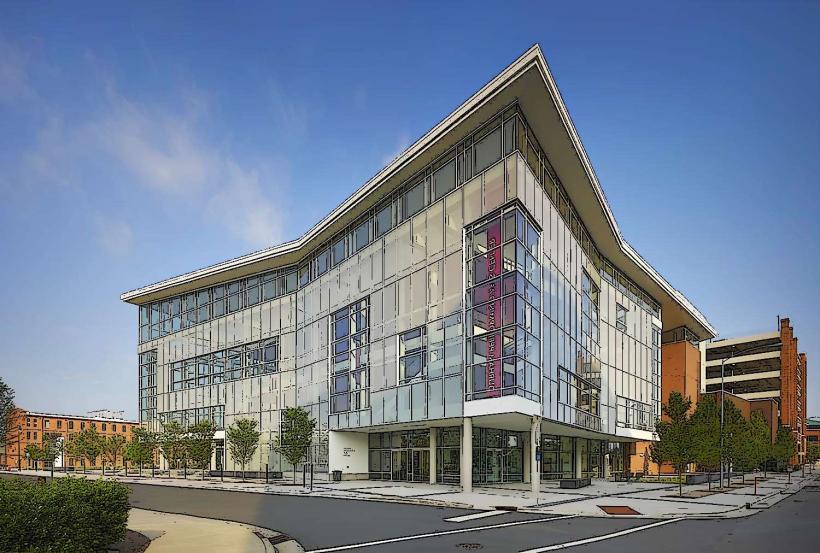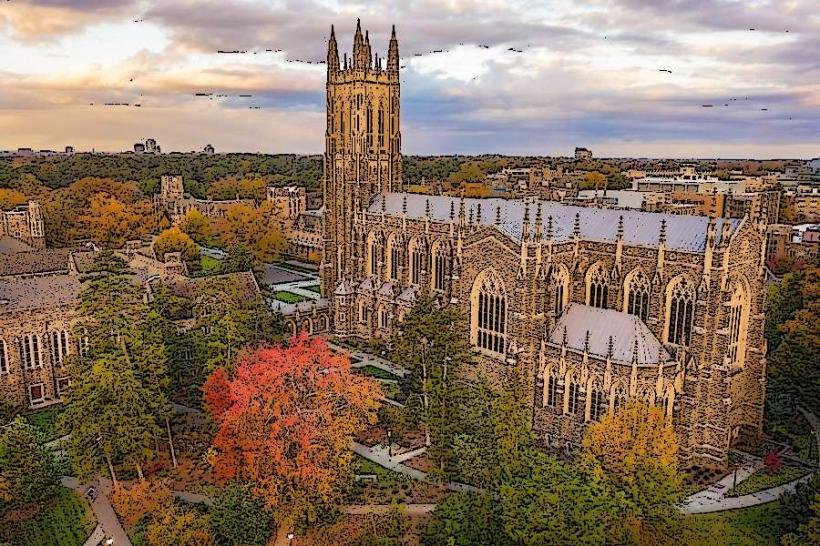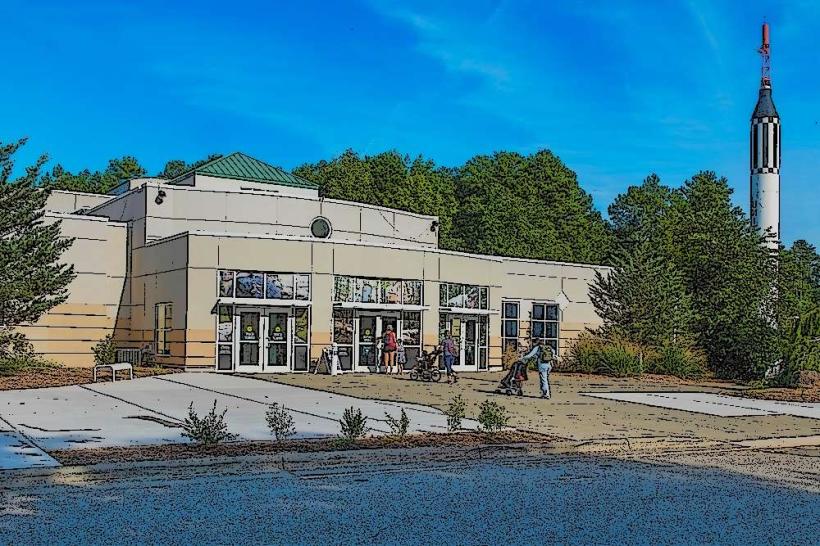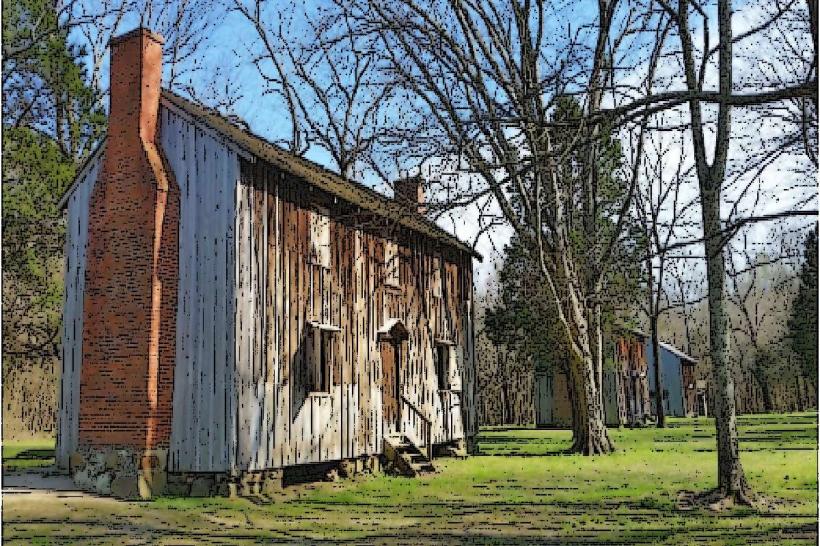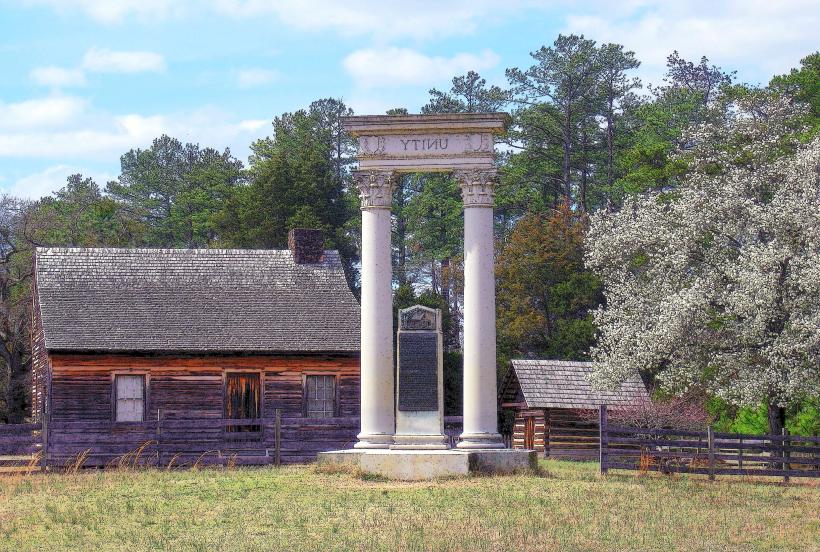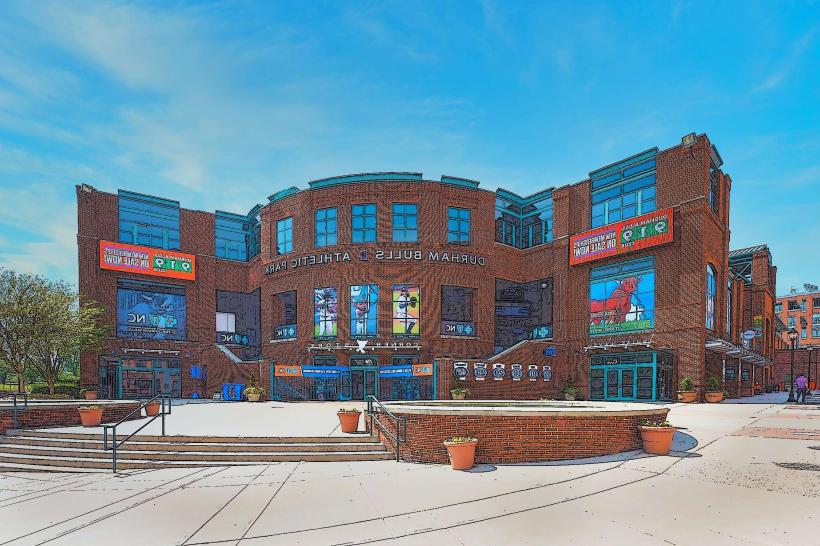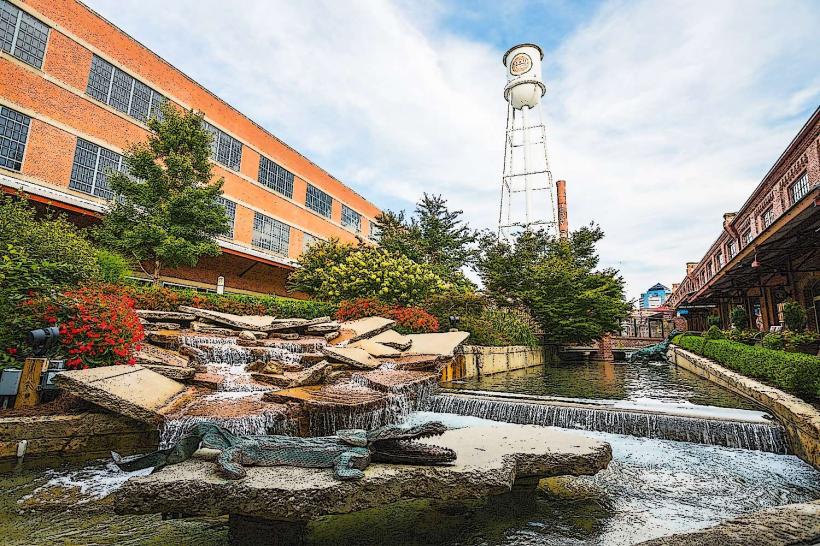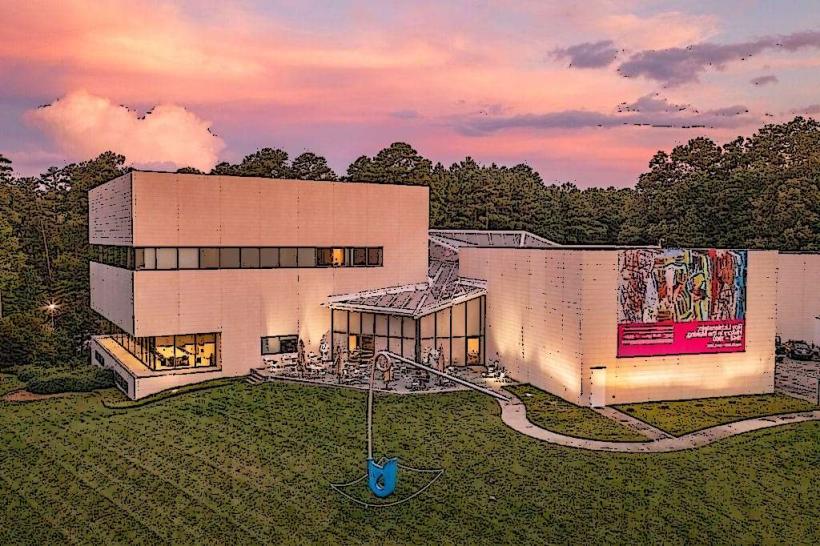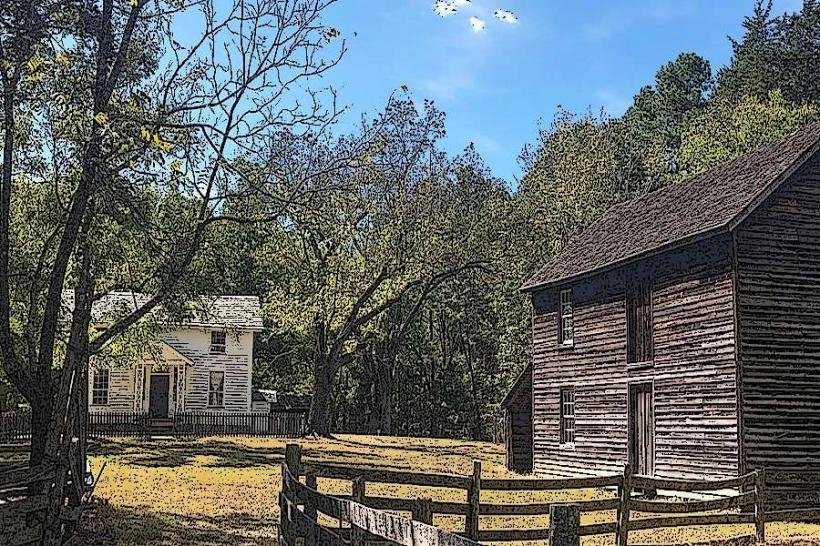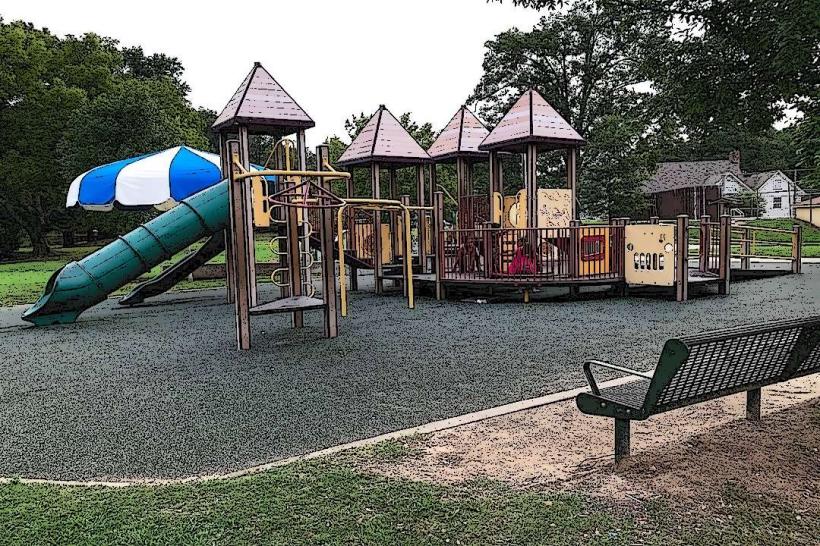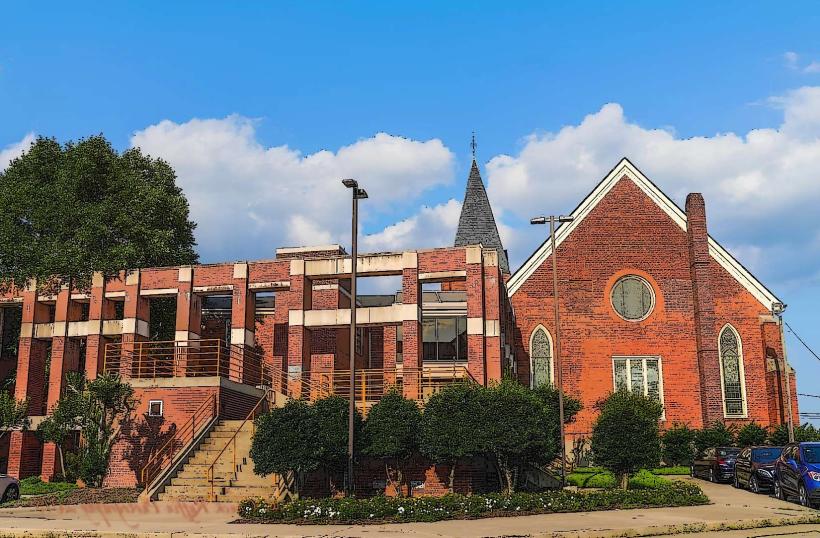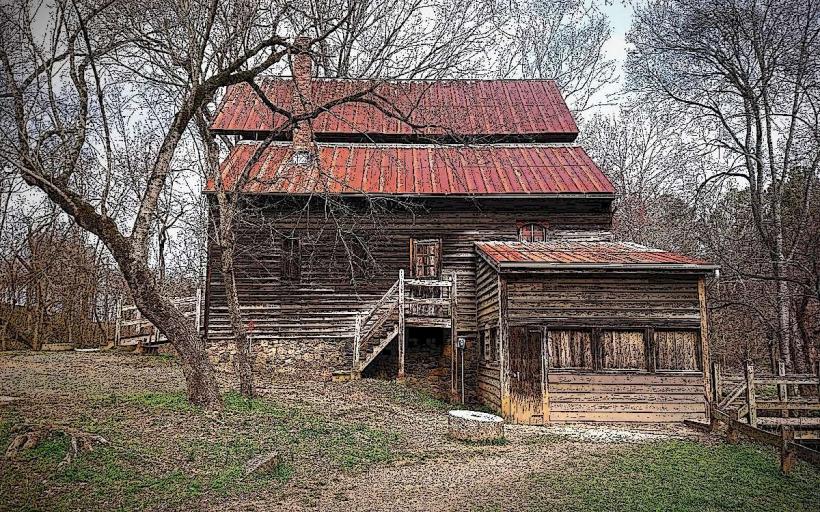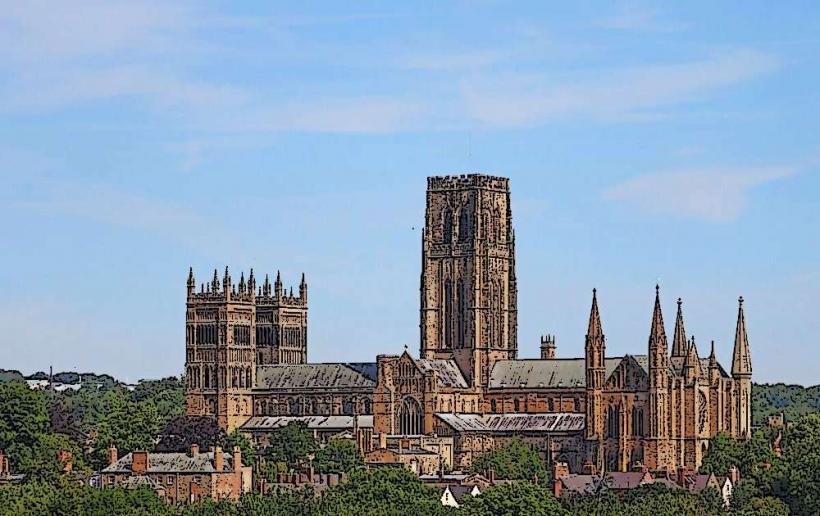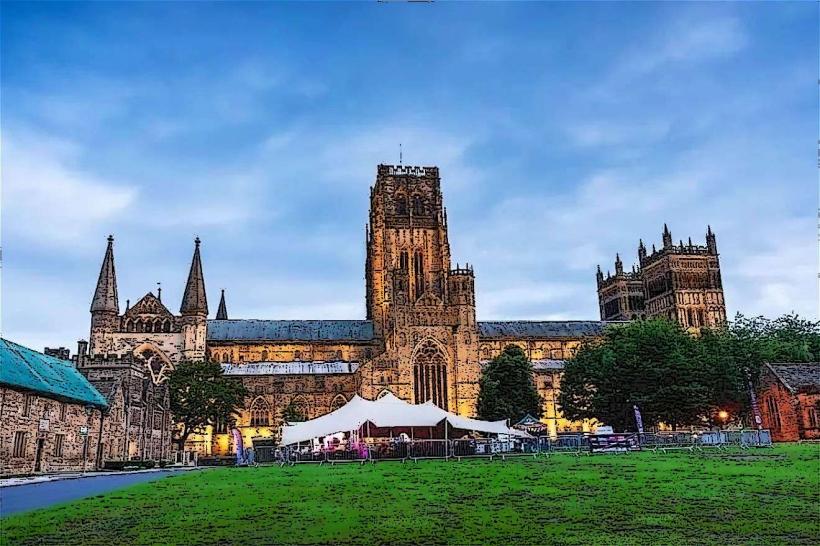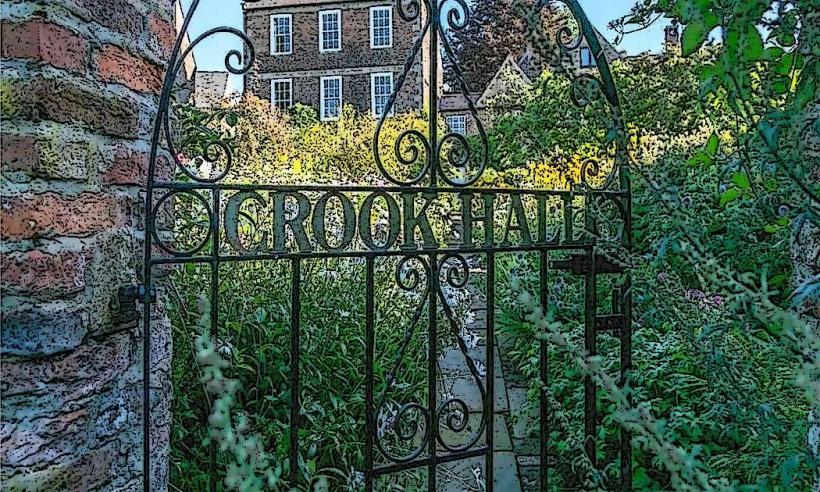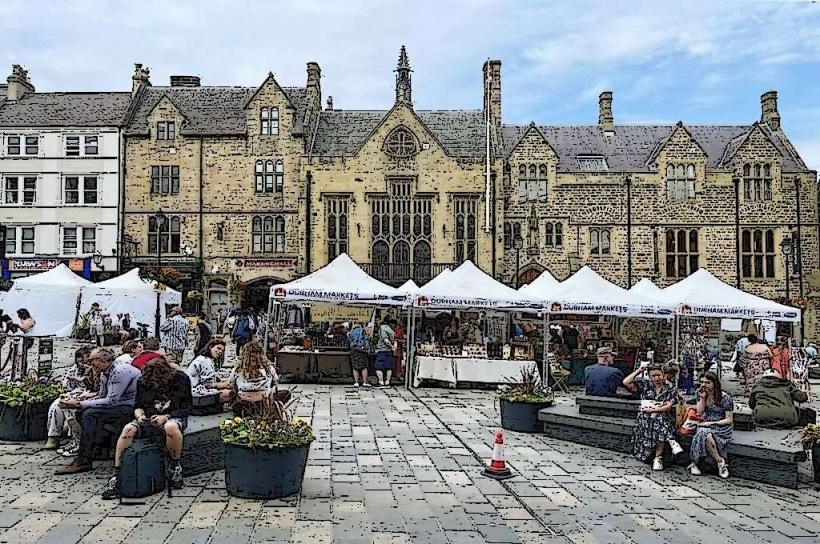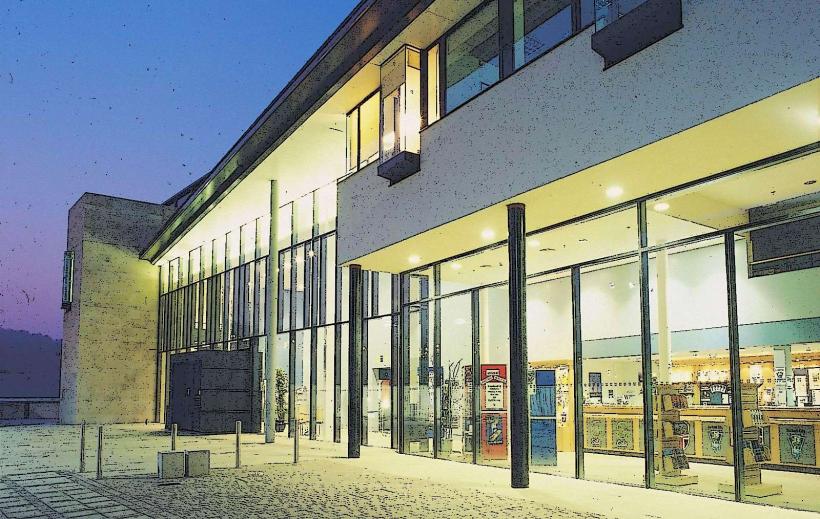Information
Landmark: Carolina TheatreCity: Durham
Country: USA North Carolina
Continent: North America
Carolina Theatre, Durham, USA North Carolina, North America
The Carolina Theatre is a historic performing arts venue located in downtown Durham, North Carolina.
It comprises three distinct performance spaces: the historic Carolina Theatre, the Fletcher Hall, and the historic Carolina Theatre's Cinema 1.
Visual Characteristics
The main Carolina Theatre building is a brick structure with Art Deco detailing. Its facade features terra cotta ornamentation and a prominent marquee. The interior of Fletcher Hall is designed in a classic proscenium style, with seating for approximately 1,000 patrons. The cinema spaces are more modern in design.
Location & Access Logistics
The Carolina Theatre is situated at 309 West Main Street, Durham, NC 27701, in the heart of the city's central business district. It is approximately 15 miles from Raleigh-Durham International Airport (RDU). Parking is available in the adjacent Liberty Street Parking Garage and the Corcoran Street Parking Garage, both accessible from West Main Street. Several GoDurham bus routes serve the downtown area, with stops within a two-block radius of the theatre.
Historical & Ecological Origin
The Carolina Theatre was originally constructed in 1926 as a vaudeville house and movie palace. It underwent significant renovations and expansions over the decades, with Fletcher Hall being added later. The building's architectural style reflects the popular Art Deco and Neoclassical trends of the early 20th century.
Key Highlights & Activities
The venue hosts a diverse range of performances including live music concerts, theatrical productions, film screenings, and comedy shows. Specific events vary based on the programming schedule. Guided tours of the historic building may be available upon request or during special events.
Infrastructure & Amenities
Restrooms are available within the theatre complex. Limited shaded areas are present in the immediate vicinity of the entrance. Cell phone signal (4G/5G) is generally strong in the downtown area. Food and beverage options are available from nearby restaurants and bars on West Main Street.
Best Time to Visit
Performance schedules dictate the optimal visiting times. For architectural viewing, daytime visits allow for better observation of the exterior details. The surrounding downtown area is most active during evening hours when restaurants and other venues are open.
Facts & Legends
A local anecdote suggests that the theatre's original projection booth was once used as a secret meeting place during Prohibition. The theatre's marquee has been a prominent downtown landmark for nearly a century.
Nearby Landmarks
- 0.2km East: Durham Central Park
- 0.3km Northeast: American Tobacco Campus
- 0.5km Southwest: Brightleaf Square
- 0.8km North: Full Frame Documentary Film Festival

